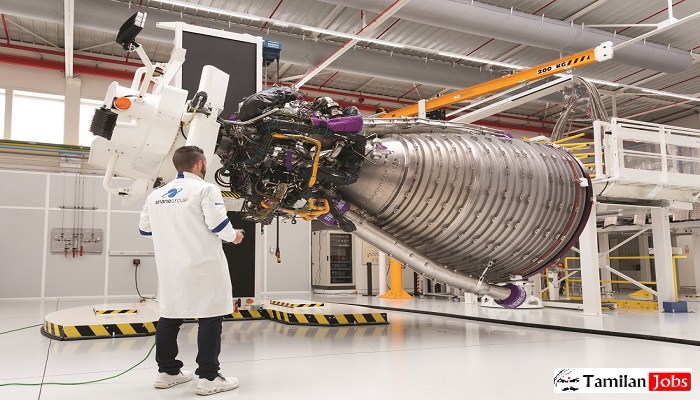Europe’s Ariane 6 Rocket Set for Inaugural: Europe’s much-anticipated Ariane 6 rocket is scheduled for its inaugural flight window from June 15 to July 31, 2024, as announced by the European Space Agency (ESA) on Thursday. This follows a significant milestone where a test model of the new rocket successfully underwent a crucial long-firing engine test in French Guiana last week.

The development of Ariane 6 was initiated in 2014 by ESA nations in response to the intensifying competition in the commercial launch market. Despite the initial target for arrival being 2020, the project faced repeated delays.
ESA Director General Josef Aschbacher expressed optimism, stating, “I am really happy to make this announcement today because it shows that we are on the good track to flight access to space for Europe,” during a news conference.
The maiden flight, slated to occur within the specified window, will carry smaller satellites, including two from NASA. However, as it is categorized as a test flight, it will not transport a major payload, according to ESA.
Before the launch, ESA plans to conduct additional tests to ensure the rocket’s design is “fault-tolerant.” A second flight is planned by the end of 2024, with a subsequent ramp-up in 2025 to achieve a target of 9-10 flights annually.
Ariane 6 was developed by ArianeGroup, a joint venture between Airbus and Safran, to enhance Europe’s competitiveness against U.S. private launch provider SpaceX. The predecessor, Ariane 5, completed its final flight in July, and the smaller Vega C remains grounded after a failure in December last year.
The successful test in French Guiana involved igniting the core-stage Vulcain 2.1 engine and running it for seven minutes, simulating the time it would take for the launcher to reach space. Aschbacher had previously expressed hopes of announcing a launch window for the inaugural flight in 2024, contingent on the results of this engine test.
Europe’s quest for independent access to space gains momentum with the upcoming Ariane 6 launch, marking a significant advancement in its space exploration capabilities.

